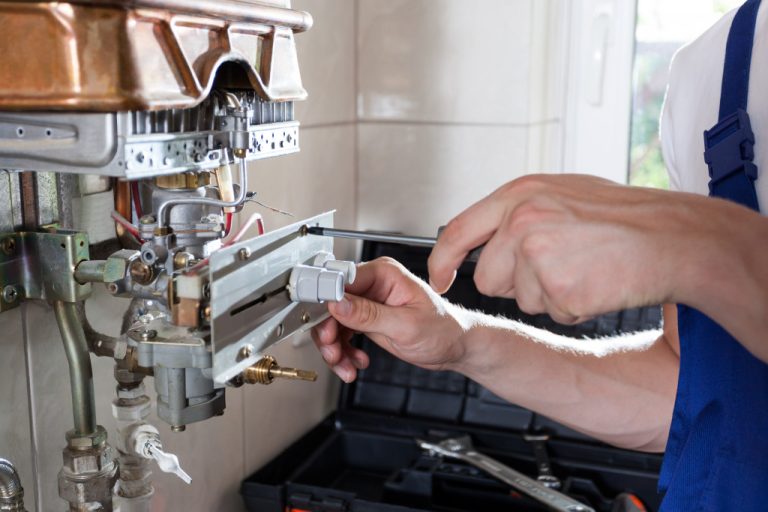A water heater is a big investment, so it’s no surprise that you want it to last for as long as possible. Unfortunately, water heaters don’t last forever and will eventually need to be replaced. But there are ways to extend its lifespan and prevent it from failing prematurely. This blog post will discuss some of the most common causes of water heater failure and what you can do to prevent them.
Rust and Corrosion
One of the most common reasons for water heater failure is rust and corrosion. Over time, the metal tank of your water heater will begin to corrode, eventually leading to leaks. To prevent this, you should flush your water heater regularly to remove any sediment accumulated in the bottom of the tank. It would be best if you also considered installing a sacrificial anode rod, which will help protect the metal tank from corrosion.
You can also apply a corrosion control coating to the tank, which will help seal and protect it from corrosion. This coating is a physical barrier between the metal and any oxidizing agents in its surroundings. This way, you can extend the life of your water heater and prevent it from failing prematurely.
You can also prevent rust and corrosion by regularly checking the temperature and pressure relief valve. If either of these valves is blocked or not working properly, it can put added stress on the tank, leading to rust and corrosion over time.
Temperature and Pressure Relief Valve Failure
Another common cause of water heater failure is temperature and pressure (T&P) relief valve failure. The temperature and pressure relief valve is a safety device designed to release pressure if the internal temperature or pressure gets too high. If this valve fails, it can cause serious damage to your water heater. This is common in older water heaters that lack proper maintenance. A good rule of thumb is to check your water heater every two months.
One common sign that the T&P is failing is if you hear a loud hissing noise when it’s in use. You will also notice an increase in the temperature of the water or an increase in pressure. You can repair the valve by using a pipe wrench to unscrew the old pressure relief valve and screwing in a new one. Make sure you wrap Teflon tape around the threads, orienting the overflow pipe opening away from the tank. Once it is tight, reattach the relief valve drain pipe with Teflon tape on the threads.
You can also prevent this from happening by maintaining your water heater regularly. This means checking the pressure relief valve and flushing the tank to remove any sediment buildup. You should also check that the thermostat is set correctly, as this will help reduce the risk of overheating.

Sediment Buildup
Sediment buildup is another common cause of water heater failure. Over time, minerals in the water will settle in the bottom of the tank and form sediment. This sediment can insulate the heating element from the water, causing it to overheat and fail. A sediment buildup will also decrease the appliance’s ability to regulate water temperature and make it less energy-efficient. If the buildup becomes more established, sediment can take the place of water in tanks. This could also clog up drainage valves, block water lines or result in a tank failure earlier than expected.
The best way to prevent this is to flush your water heater regularly. This will help remove any sediment accumulated in the tank, ensuring it operates efficiently and extending its life. You should also replace the anode rod every few years to prevent corrosion and ensure you use a water softener if necessary.
Leak in the Water Storage Tank
Finally, a leak in the water storage tank can cause water heater failure. This is often caused by a cracked or corroded tank. Depending on the size of the leak, it can quickly damage the appliance and cause costly repairs. You can easily spot a leak by looking for wet spots or stains around the tank. If the leak is large enough, you may even hear a gushing sound from the appliance.
If you find a leak in your water heater, you should turn off the power and shut off the water supply to prevent further damage. You can either replace the tank or call a professional to repair it. It is best to have a professional repair or replace the tank to ensure it is properly installed and functioning.
You can prevent leaks by regularly inspecting the tank for signs of corrosion or wear and tear. You should also check that the water pressure is not too high, which can cause the tank to crack or burst.
These are just a few of the most common causes of water heater failure. By preventing these problems, you can extend the lifespan of your water heater and avoid having to replace it prematurely.






